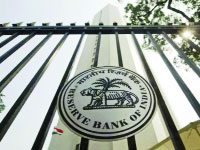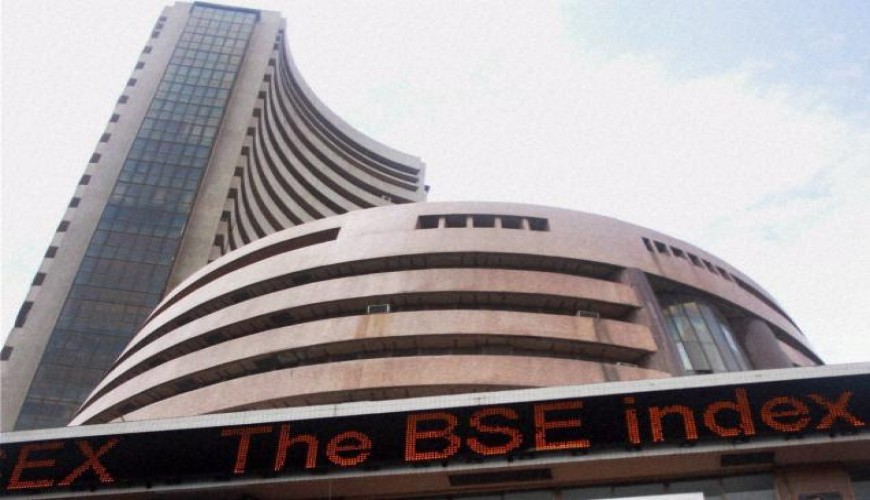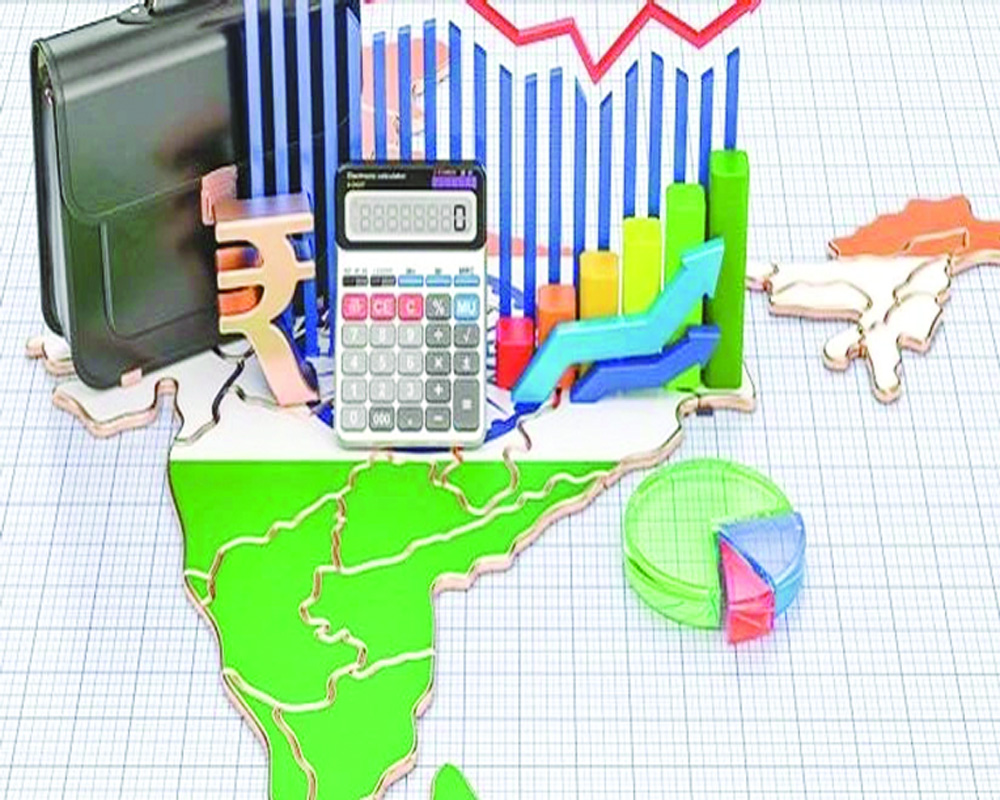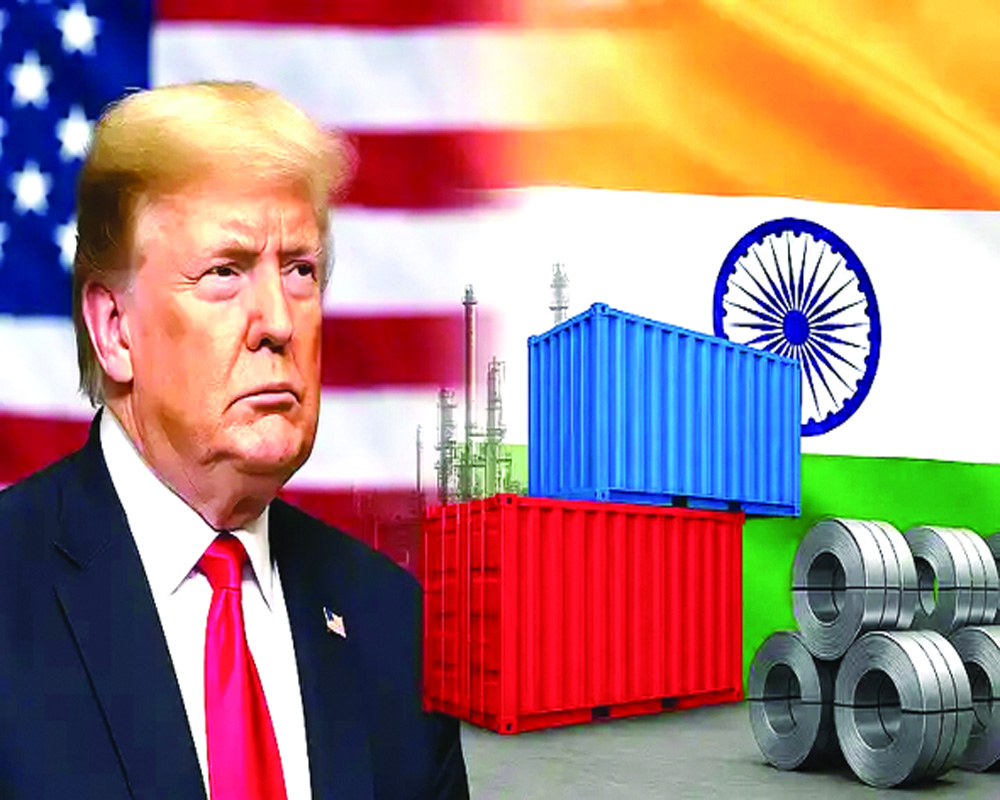The government is facing a stand-off with the Reserve Bank of India on the issue of latter’s autonomy.
The Narendra Modi Government just cannot seem to catch a break when it comes to dealing with statutory bodies and officers. And opinion is divided on whose fault that is. After a revolt in the Central Bureau of Investigation, it now appears that the Government and the Reserve Bank of India are at loggerheads. This is because the Government is reported to have invoked Article 7 of the Reserve Bank of India (RBI) Act which allows the Government in some manner to supercede the autonomy of India’s central bank. Of course, the conspiracy theorists are out in force on their websites — allegations are rife that the Government has taken this step at the behest of friendly industrialists who are being forced to borrow money at higher rates; by invoking Section 7, the Government can ‘force’ the RBI to order Indian banks to loosen their purse-strings.
There is an argument to be made that while the RBI has been extra strict with banks, especially public sector banks, in a crackdown on Non-Performing Assets (NPA), this has followed a period of over-lenient central bank supervision loans to all and sundry. As a result, now all financial institutions whether in the public or private sector have had the fear of God instilled in them when it comes to disbursing loans as they are petrified of possible NPAs. This, in turn, has virtually brought economic activity in India to a standstill.
According to media reports, Section 7 has been invoked three times already over the past few weeks at least in part to reclassify the massive NPAs plaguing India’s power sector. Invoking Section 7 is, for better or for worse, a vote of no-confidence in the RBI Governor. It is not as if the RBI and the Government cannot work together. But when the Government compels the RBI to act in a certain way, there are few options in front of the RBI Governor.
Urjit Patel was widely thought to have expressed his displeasure at Government interference through a media interview given by his deputy V Acharya. His position seems to be untenable and the odds are that Patel may have no option but to resign. But that’s not a done deal, yet. After all, we are in an election year and the Government would not want another once-hallowed institution to be seen to be imploding on its watch. But there is also a view emerging in Government that it has no option but to demolish the ‘deep state’ established by the ‘Congress System’ if it is to fulfil what it thinks is its mandate from the people of India.
Writer: Pioneer
Courtesy: The Pioneer








 OpinionExpress.In
OpinionExpress.In















Comments (0)